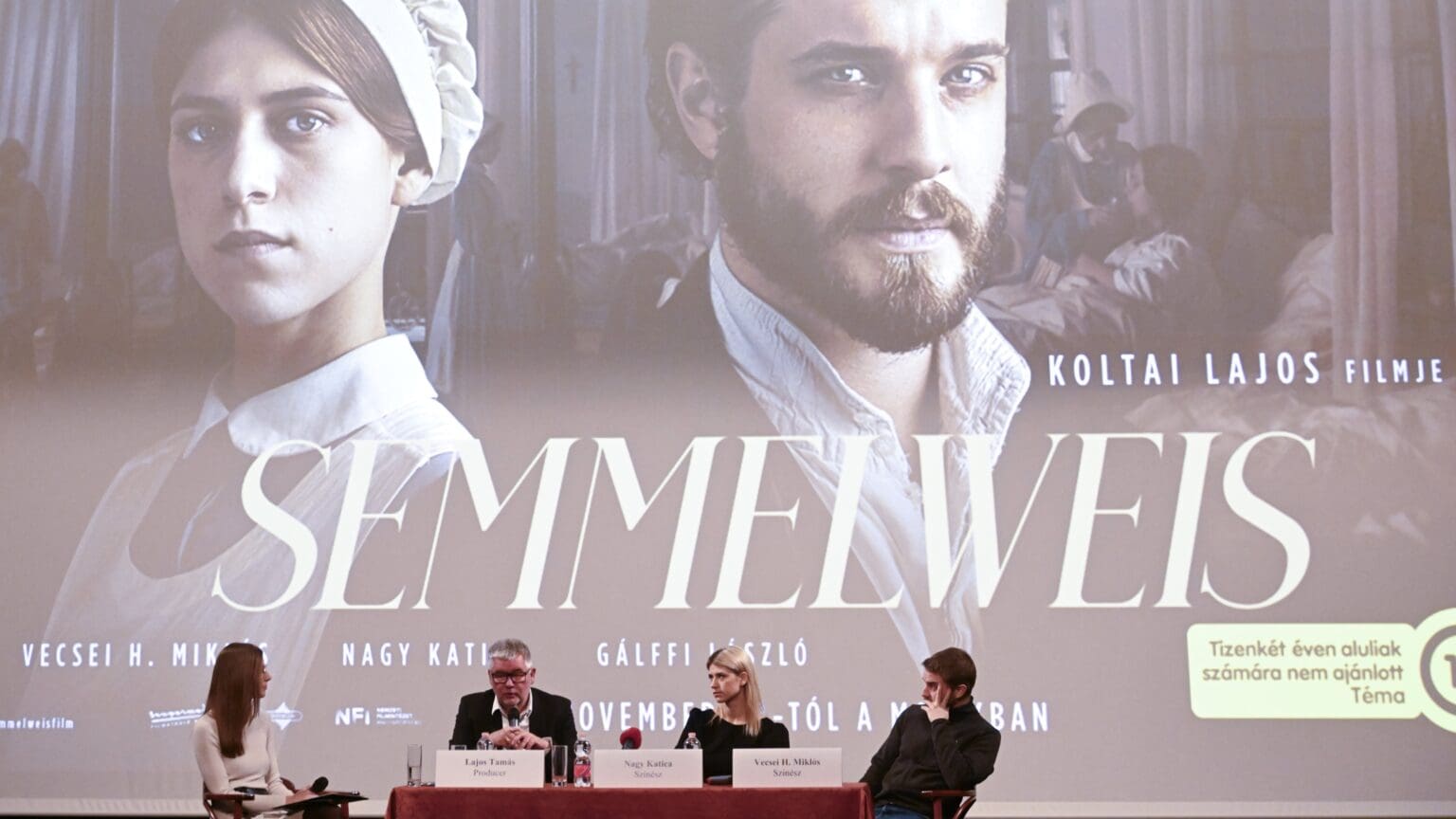
The film, which tells the story of the world-renowned Hungarian doctor Ignác Semmelweis, won the award for Best Film at the Toronto EU Film Festival based on audience votes. In Hungary approximately 350,000 people have seen the film drama, and its success continued on the largest streaming platform, according to the statement.
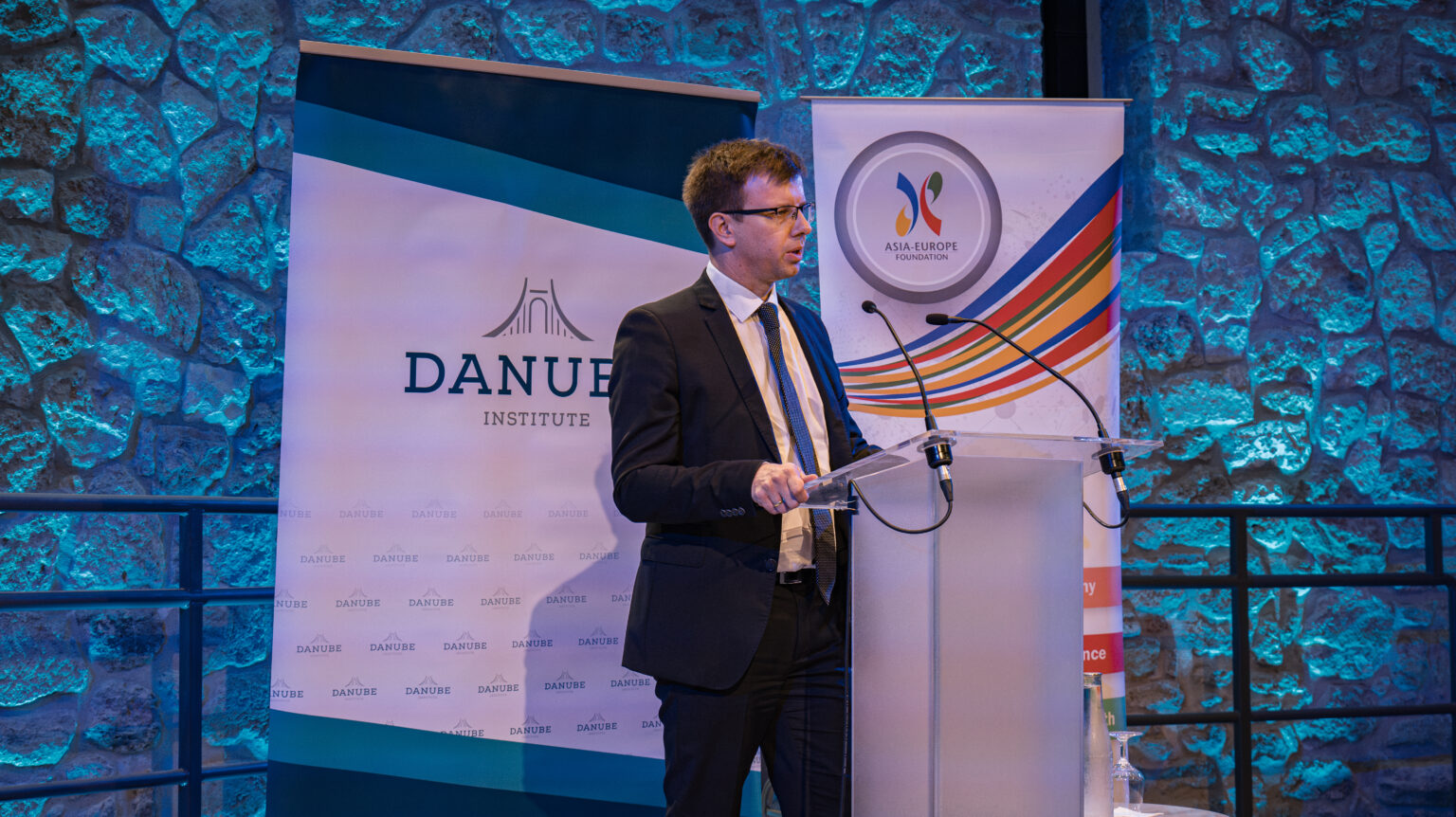
Hungarian EU Affairs Minister János Bóka gave a detailed presentation on the first day of the conference co-organized by the Danube Institute, outlining the key priorities of the Hungarian EU Presidency. Bóka highlighted an early success of the presidency, noting that while six months ago the importance of developing European competitiveness was rarely discussed, it has now become a central topic in the European political debate.
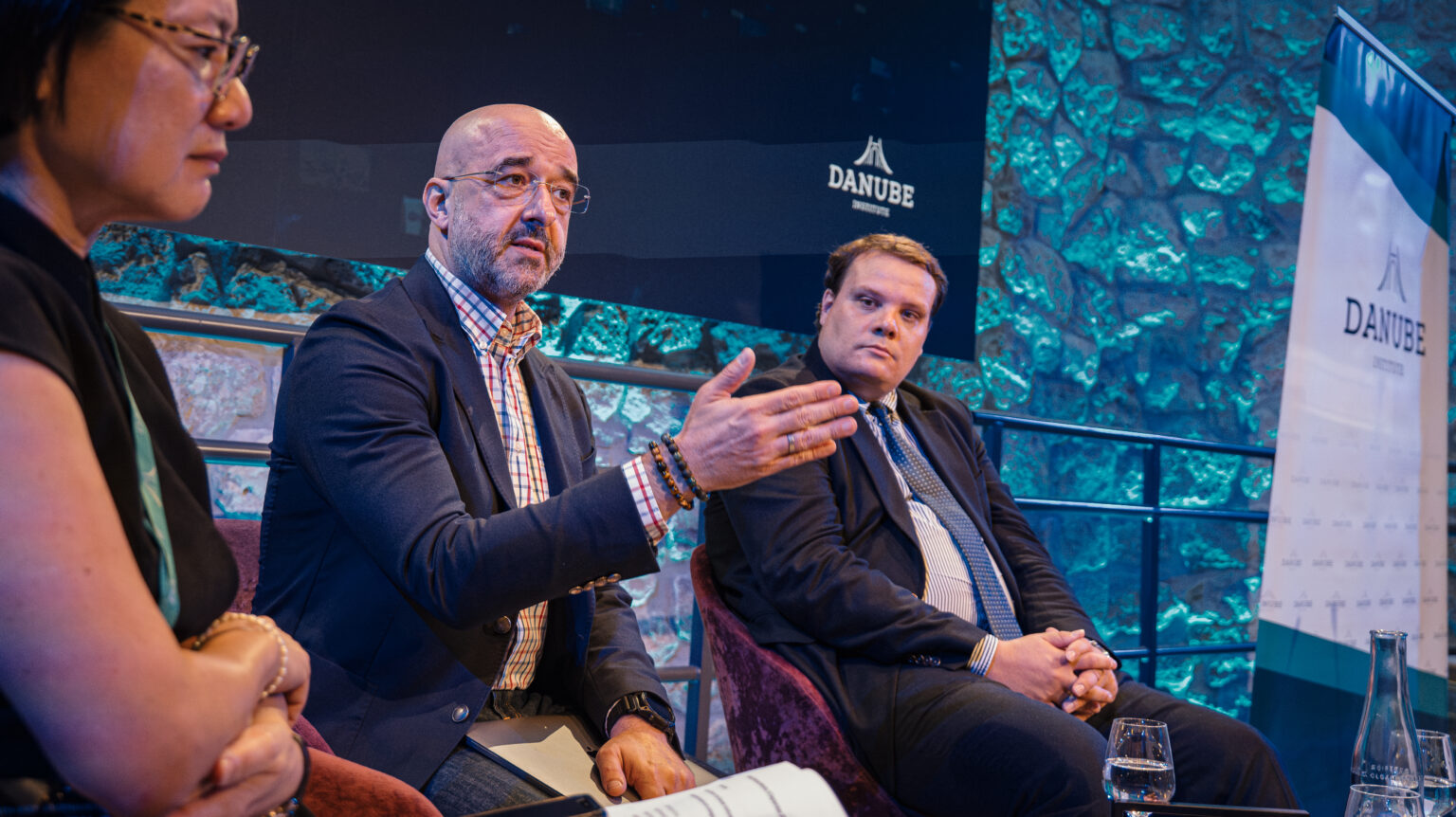
Co-organized by the Hungarian think tank Danube Institute, an international media seminar began on Tuesday in Budapest, focusing on the effective use of artificial intelligence in journalism. In his keynote speech, Hungarian State Secretary Zoltán Kovács pointed out that Europe could be the first continent to regulate AI, with the regulation potentially being introduced during Hungary’s EU Presidency.
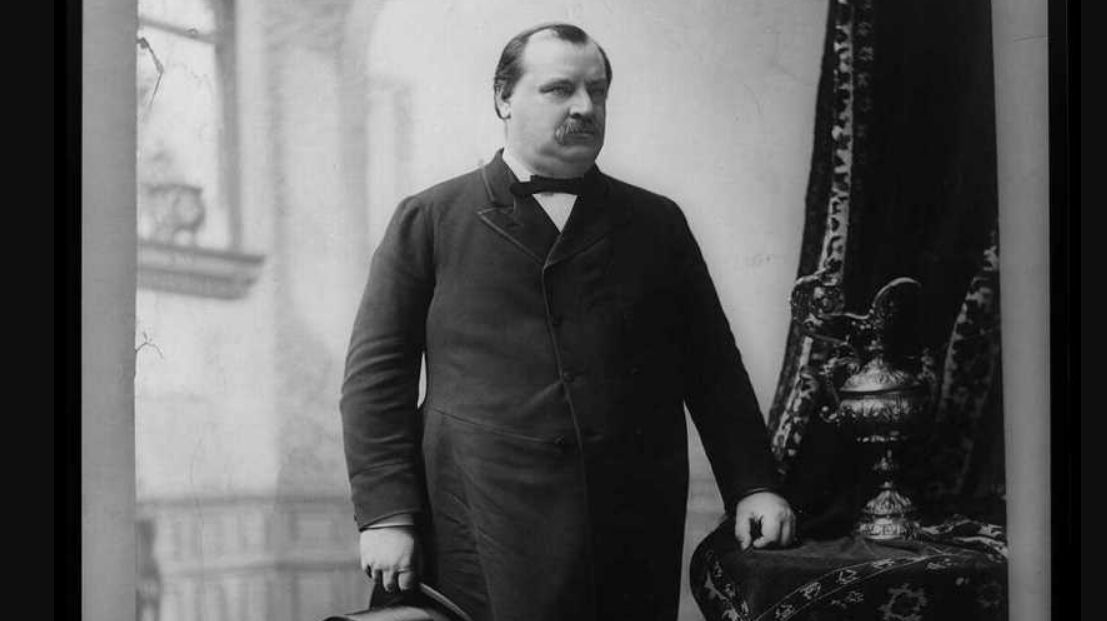
In 1892, Democrat Grover Cleveland became the first US President to achieve what Donald Trump is trying to do right now: win a second, non-consecutive term in the White House. The same year, one of the most successful third parties in American history, the Populists also emerged on the national scene.

MOL has signed agreements with oil shippers and pipeline operators to ensure the continuous transport of oil through the Druzhba pipeline from Russia.
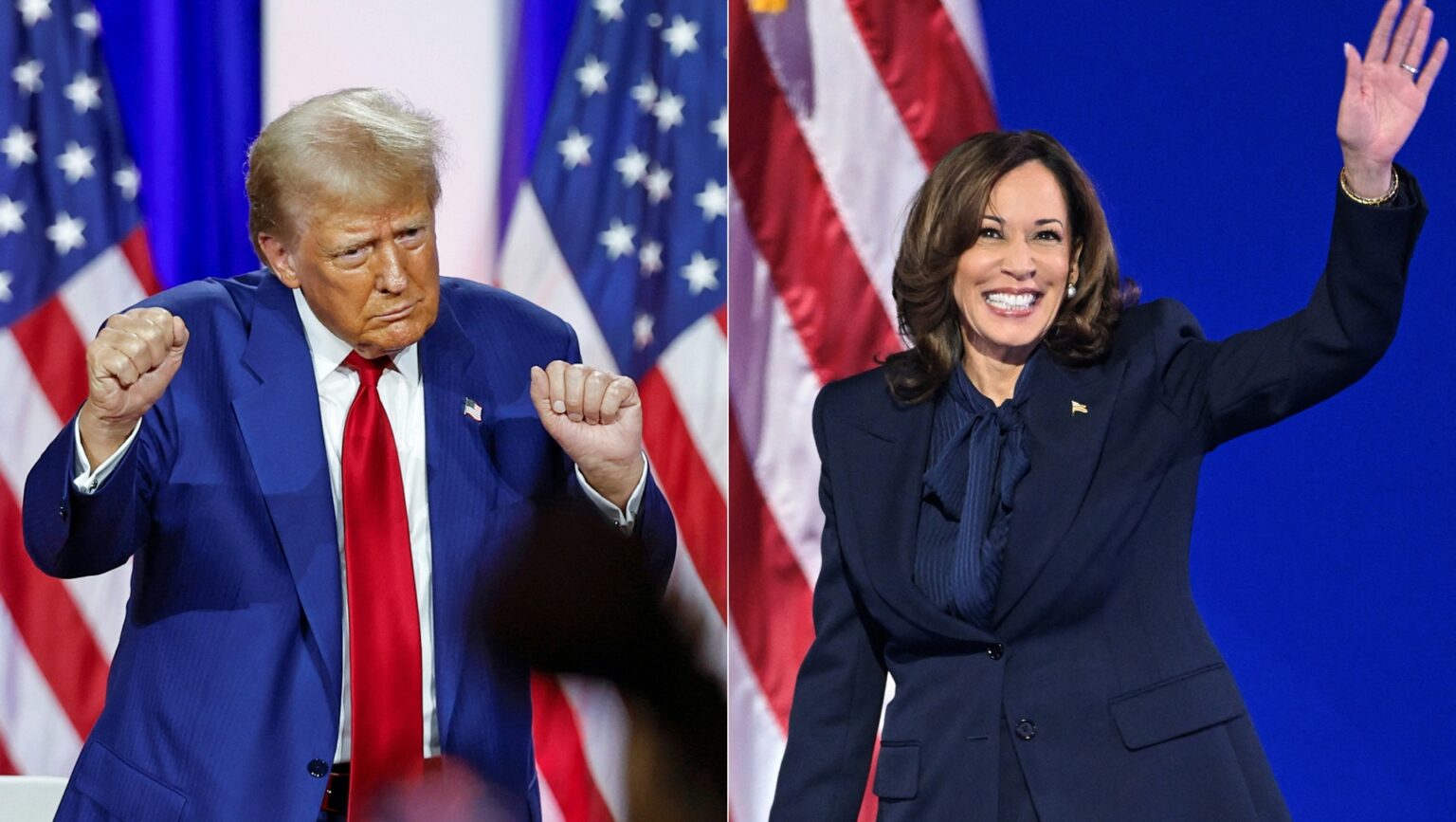
President Joe Biden was pressured into dropping out of the race by his own party after a disastrous debate performance in June. Now, as the momentum is shifting back towards Trump, the limelight will be on Vice President Kamala Harris on the stage.

Researcher at the HUN-REN Centre for Astronomy and Earth Sciences Krisztián Sárneczky was elected one of the newest honorary members of the International Astronomical Union. In addition to his work in popularizing science, he has recently achieved outstanding results in the field of planetary defence as well.
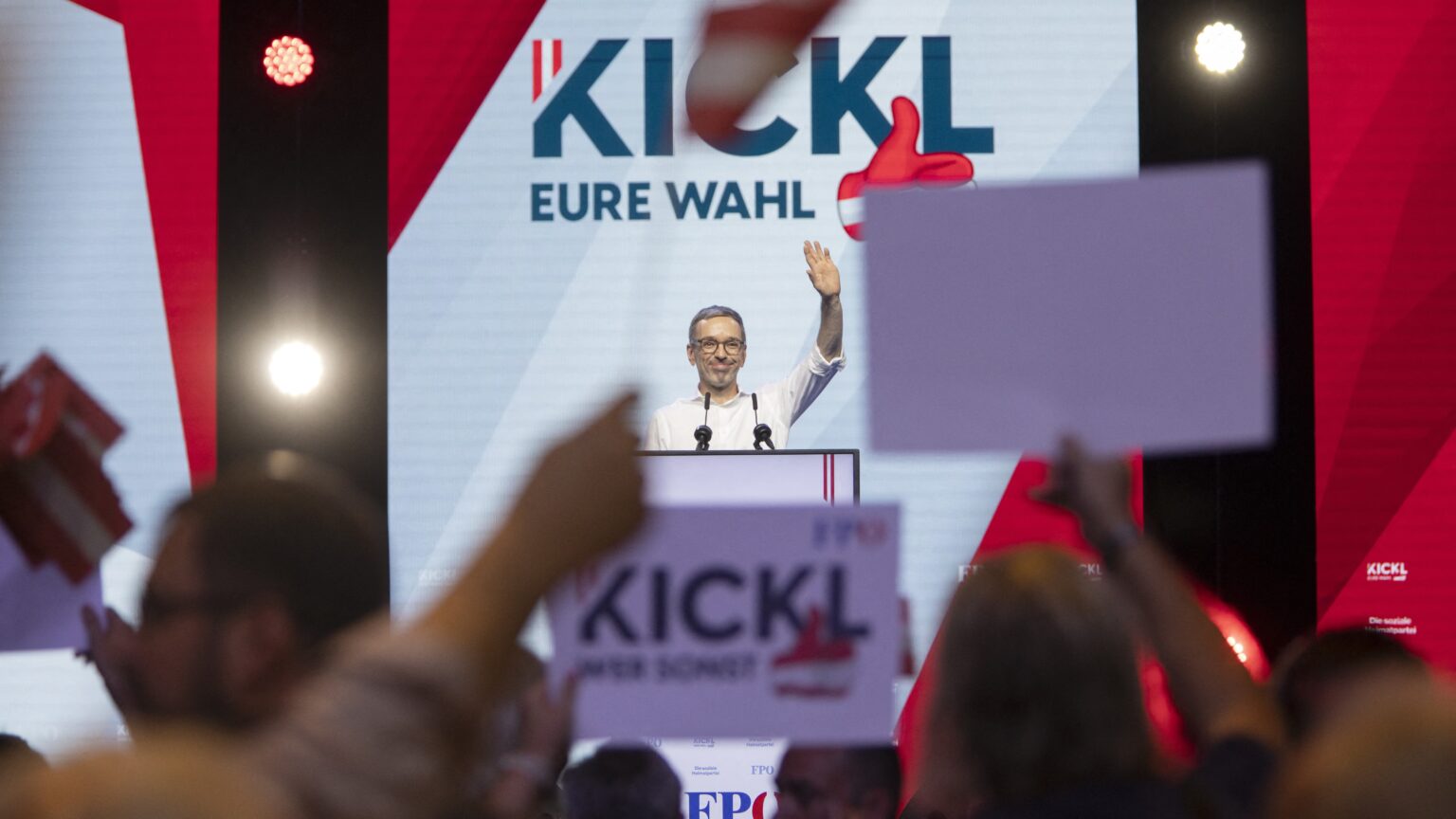
‘The 2024 elections will be crucial for Austria’s political future. The country faces significant challenges, from economic austerity to migration and climate protection, all of which will generate intense debates during the election campaign. While the FPÖ’s rise ought to bring radical changes, it remains uncertain whether they will secure a place in government.’

According to the Hungarian minister for national economy the disinflation of food prices is driven by a significant decline in agricultural producer prices, suggesting that prices for certain food products may continue to fall in the coming months, further boosting demand growth.
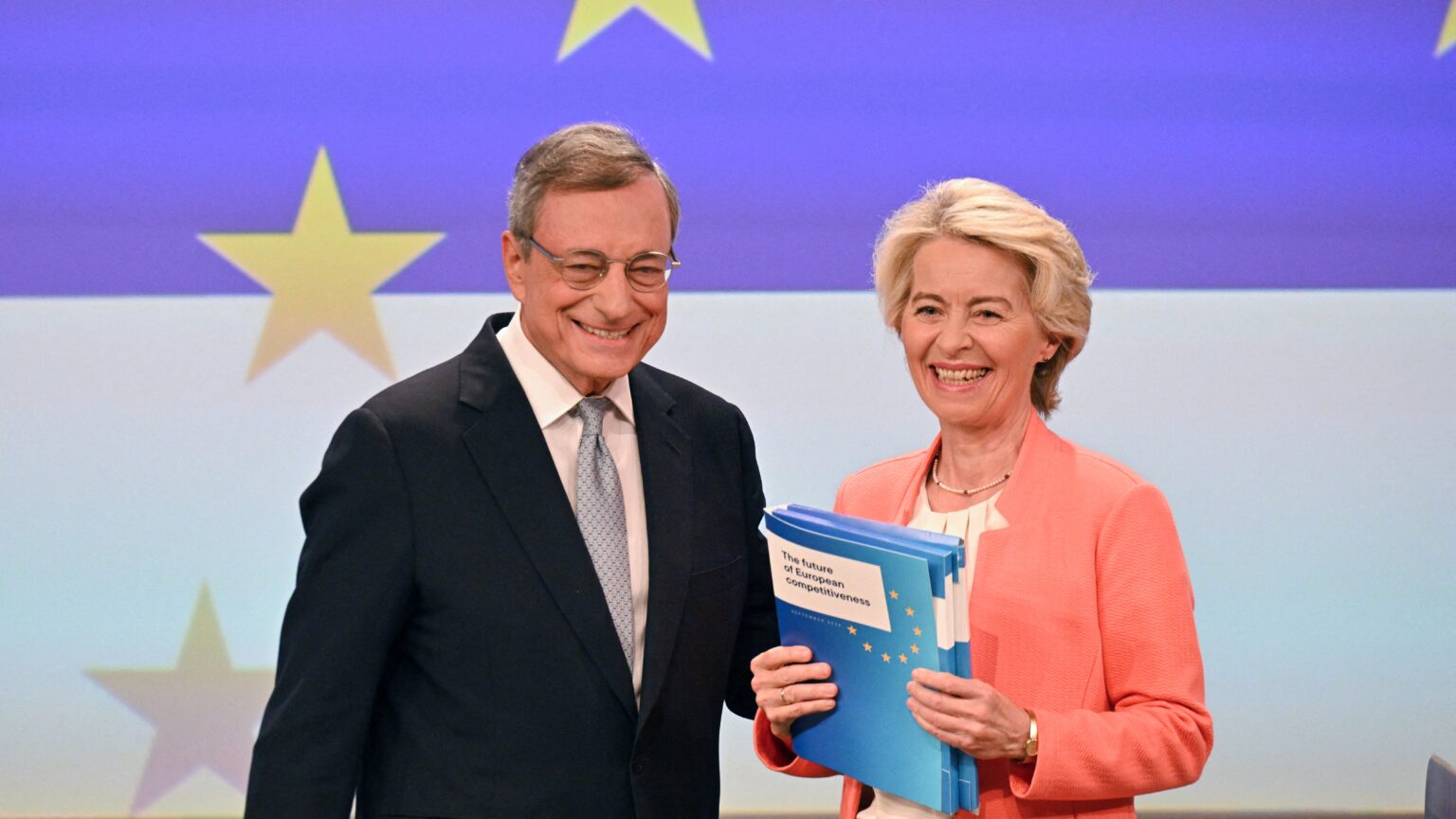
Draghi proposes that the EU’s priorities should include the lowering of energy prices, increasing competitiveness, proper governance of industrial policy, and increased defence spending. The EU should no longer rely on others to maintain its security, he argues, since continuing to do so would make it more vulnerable.

Much to the disappointment of their fans, the Hungarian national football team suffered a 5–0 defeat to Germany in the first round of the UEFA Nations League in Düsseldorf on Saturday. Both national team captain Marco Rossi and star midfielder Dominik Szoboszlai emphasized that a win in Tuesday’s game against Bosnia is the only acceptable outcome to put the shame of Saturday’s defeat behind them.

The 24th China International Fair for Investment and Trade, which opened on Sunday, features a significant Hungarian presence. The event presents an excellent opportunity for Hungarian companies to attract the attention of investors, according to a statement by the Ministry of Foreign Affairs and Trade.

Former President János Áder, joined by infectious diseases specialist János Szlávik, discussed the importance of vaccinations in preventing serious infections such as severe COVID-19, whooping cough, and measles in the latest episode of the Blue Planet podcast.
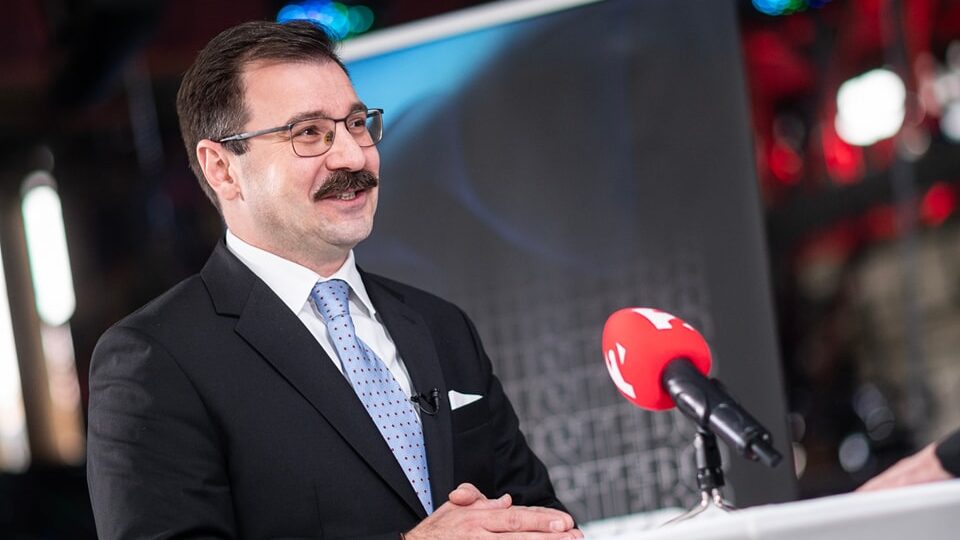
The Wokebusters initiative, launched in July, is starting its first international mission. Miklós Szánthó, Director General of the Center for Fundamental Rights, stated that their first stop will be the United States, as it is the home of the woke movement. But the Wokebusters also have many allies in the US who are committed to the values of God, country, and family,, the director general added.

The Pujiang Innovation Forum commenced on Saturday in Pujiang (Shanghai), with Hungary participating as the guest of honour at the four-day event. The Hungarian delegation, consisting of around forty experts, business and academic leaders, is showcasing world-class Hungarian innovations at a prominent stand.

One of the 21st century’s greatest scientific questions is whether humans have free will. This year’s Brain Bar will give special attention to this topic, with notable guest speakers such as Avi Loeb, Gerard Barron, and Lars Chittka.
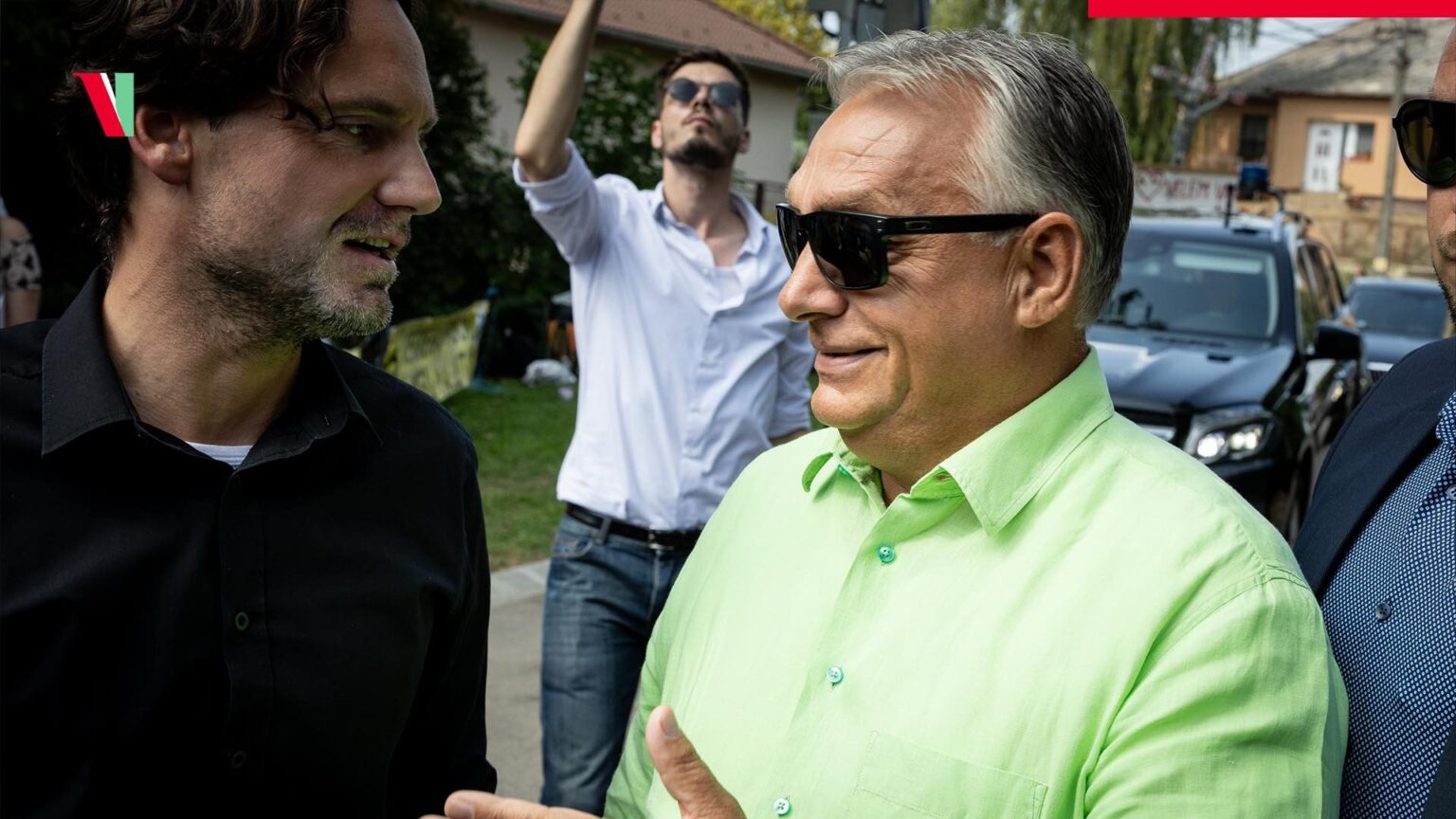
At the annual Kötcse gathering of conservative political and cultural elites Viktor Orbán shared that an action plan has been drafted for a ‘peace budget’ that will involve wage hikes, as well as more government support for families and for businesses.
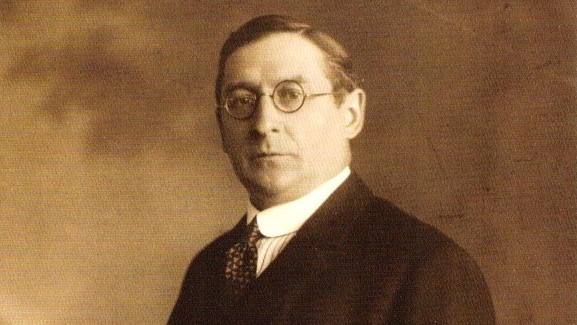
‘Klebelsberg believed that “today it is not the sword but culture that can keep the Hungarian homeland alive and make it great again”, and he considered it important not only to educate the Hungarian elite but also to develop the education of the people. Legislation published in 1926 provided for the construction of 3,500 new classrooms and 1,750 teachers’ dwellings, in the following order: first, in isolated rural districts without schools, then in villages without schools, and finally in overcrowded urban schools.’
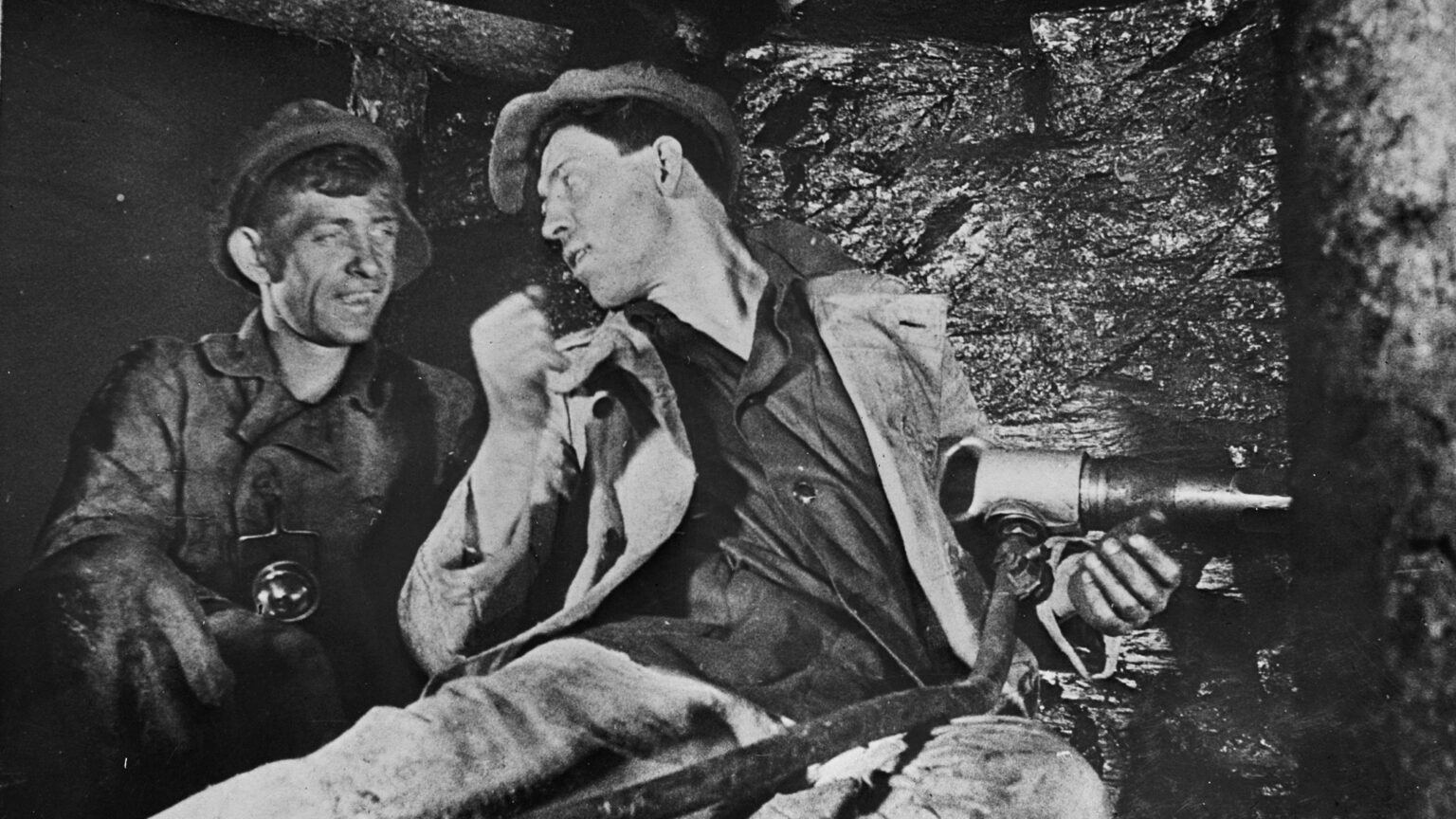
‘It is rarely taken into account that forcing a general expansion of education also means levelling. And if something is extended in a general and obligatory way, then it will be quantitative rather than qualitative. If we imagine all of this in a school system that is universally compulsory for everyone, then according to today’s well-known hierarchization of knowledge, only knowledge that can be (easily) validated in the so-called ‘labour market’ will be truly appreciated.’
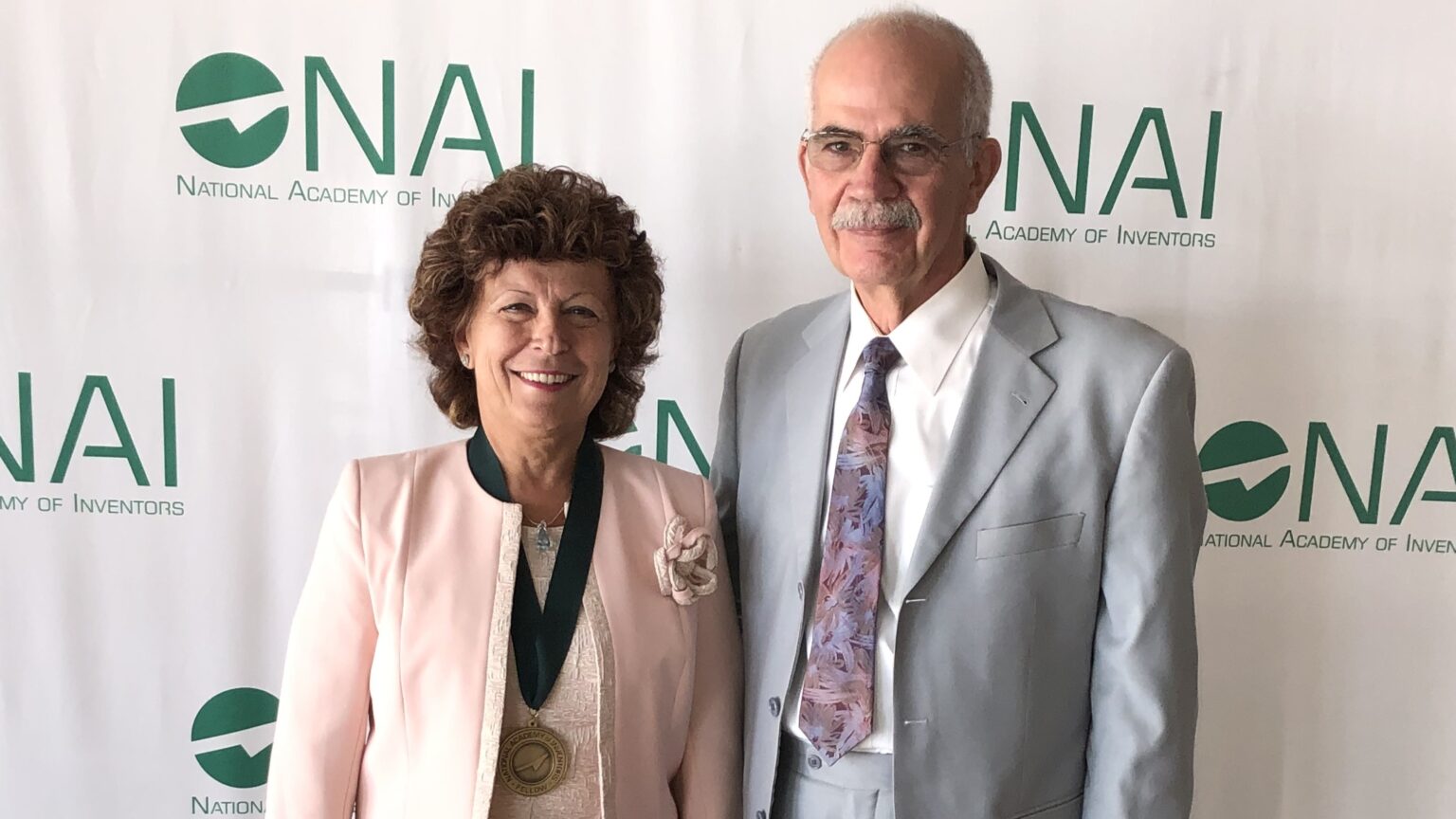
Professor Puskás is a highly accomplished researcher, engineer and university professor living in the United States, who is still active in her field of chemical engineering. She has not only excelled professionally, but has also been an active member of the Hungarian Diaspora in America.
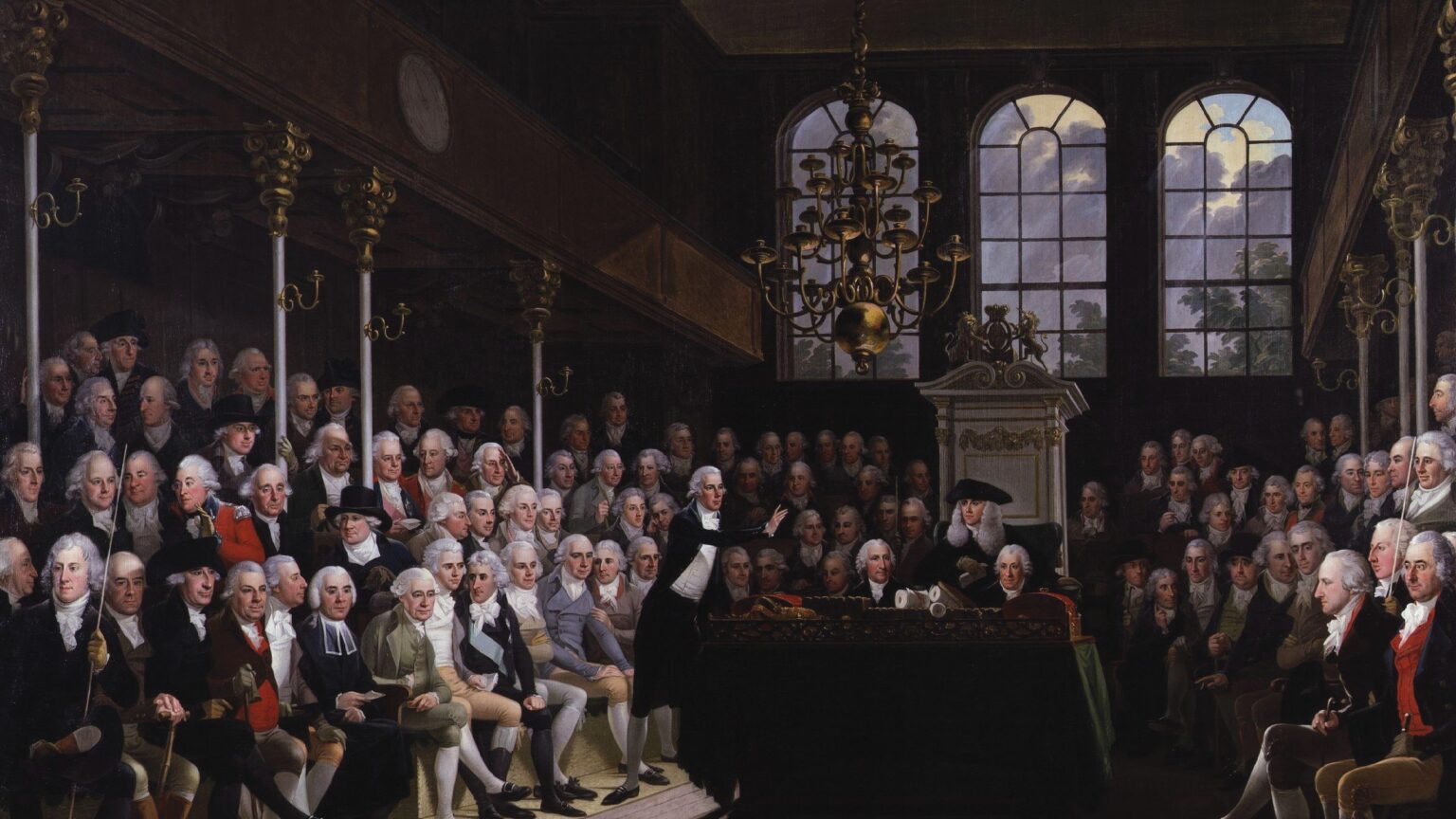
‘The party needs rebuilding. It needs a clear philosophy with policies that voters can see are capable of solving the country’s problems. And it needs a leader, and a leadership team, who can credibly represent conservatism and properly articulate it. We are a long way from that at the moment. But the Conservative Party is the great survivor.’

‘In theory, America’s policy of reshaping the world in its own image was supposed to safeguard human rights, promote peace, and make the world safe for democracy, as President Woodrow Wilson said in 1917. Instead, the U.S. became a highly militarized police state fighting wars that undermined peace, harmed human rights, and threatened liberal values at home, which reveals the U.S. government had other (malignant) intentions.’
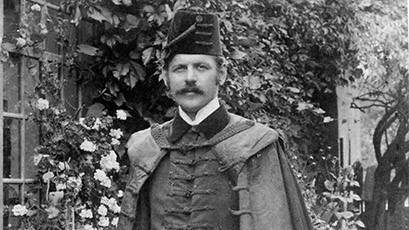
The question of what kind of apparel Reformed ministers should wear was still not fully resolved by the beginning of the 20th century. A weekly titled Lelkészegyesület (Clergy Association), launched in 1908, dedicated twenty-five articles, announcements, appeals, and comments to this topic in its first issue.
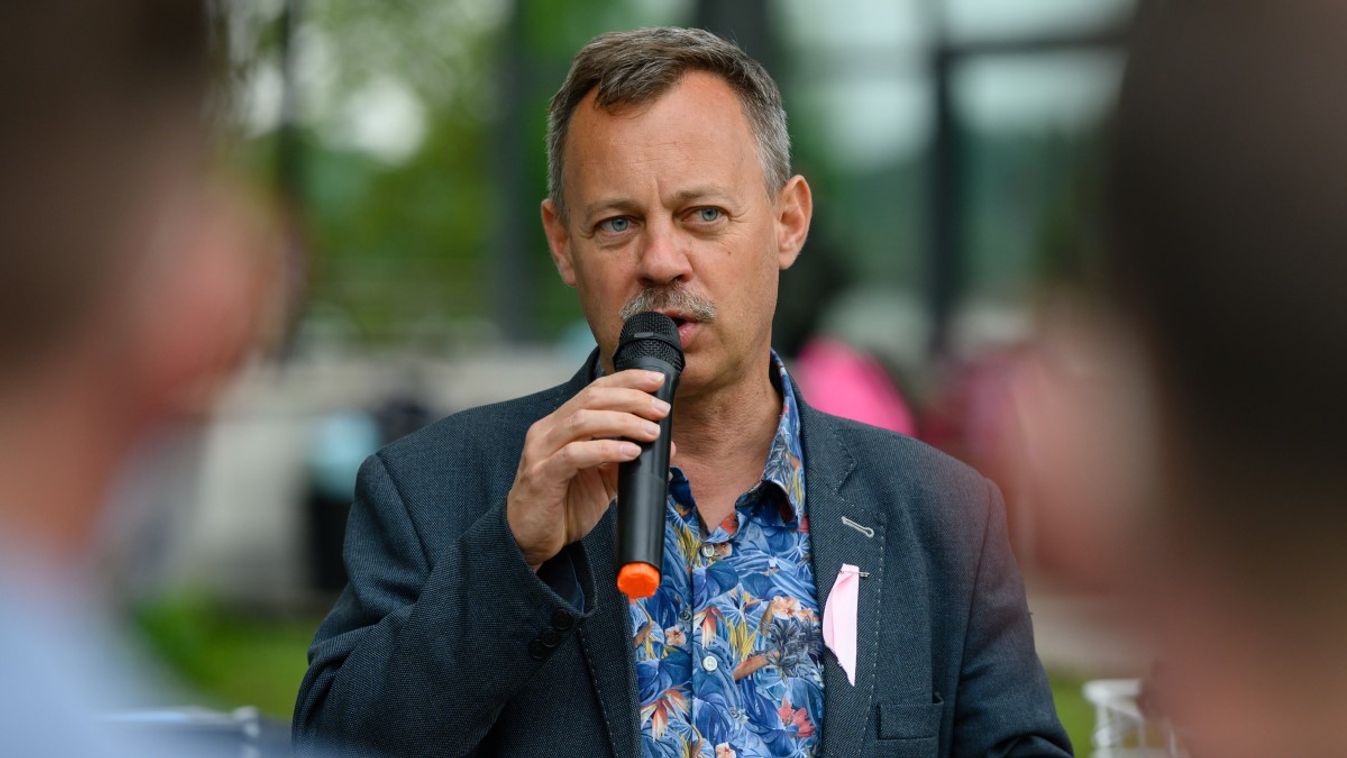
State Secretary Responsible for Active Recreation in Hungary went on public television to talk about the Active Start to School programme, through which students across Hungary can try out different sports for free, and go on active school trips. Teachers in the public education system can also get discounts in certain sporting facilities.

Central and Eastern Europe’s largest artificial intelligence conference will be held in Budapest at the House of Music on 9–10 September. As part of the event series in City Park, not only will the House of Music take centre stage, but the internationally renowned Museum of Ethnography will also host the Media Future stage.

Swimmer Zsófia Konkoly won her second gold medal at the 2024 Paralympics yesterday; while long jumper Luca Ekler defended her title and won another gold in her event after the Tokyo games in 2021. The Hungarian para-athletes also earned a silver in fencing, as well as a bronze in swimming and table tennis respectively.

The series is a monumental historical drama that portrays the life, love, and battles of János Hunyadi, the legendary 15th century Hungarian military leader, offering a glimpse into the political landscape of Europe at the time. What makes the series unique is its cast of over 600 international actors and stunt performers, with the characters speaking in their native languages, enhancing historical authenticity.

At the reception ceremony for the new aircraft Defence Minister Kristóf Szalay-Bobrovniczky emphasized that Hungary is a pro-peace country, and the government is committed to both peacebuilding and peacekeeping, which requires making sure that the Hungarian airspace is safe.

Anna Donáth, the former president of the left-wing Momentum party in Hungary, allegedly used physical force to obstruct a criminal investigation by the National Tax and Customs Administration (NAV) in February 2022. Since she failed to win another term in the European Parliament, Donáth lost her political immunity and was now questioned as a suspect in a criminal investigation.

Hungarian energy drink company HELL sued Forbes Hungary in 2019 to prevent the publication of its owners’ personal information in the magazine’s annual special edition listing the 50 richest Hungarians. A temporary court order required the publisher to recall the issue, and remove the names of the owners from the magazine’s online platform. Despite this precedent, Forbes has recently published an article which featured the personal data of the owners, accompanied by what the company describes as ‘sensationalist and ad hominem comments in a tabloid style’.